We’re abounded by complex challenges in our lives, and we often require out-of-the-box solutions to address them. So, we tend to rely on gurus or anyone with a charismatic personality for guidance. And soon we begin to idealize them – this is known as the guru syndrome.
Let’s take a look into how we shouldn’t delve in mindless devotion.
When spirituality turns sour.
Psychology Behind the Guru Syndrome
Many years ago, I attended some meetings of a spiritual group whose ideas interested me. I liked the teacher and author who had started the group. I thought his theories were very clear and intelligent, encompassing a vast range of topics into an integrated whole.
But what I found strange was the attitude of other members of the group. Although the teacher had died many years ago, they worshipped him as an omnipotent god-like being. They believed that he had performed miracles and that he still controlled their lives.
I was also disturbed by their attitude towards me. They disapproved of the fact that I was interested in other approaches. When I mentioned to one member of the group that I also attended a local Buddhist group, he looked at me sternly and said, “Why do you need to go there? This group should be enough for you.”
After a while, the group’s unconditional worship of their leader and their exclusivist attitude made me feel so uneasy that I stopped attending their meetings. This was my first encounter with the guru syndrome.
The guru tradition has been a part of Indian culture since time immemorial. In that context, it is seen as an important way of transmitting spiritual teachings, and a way of supporting aspirants along the spiritual path.
Spiritual development can be a tricky process, with all kinds of pitfalls and dangers, so the guidance of a guru is helpful. According to Indian tradition, the guru can also “transmit” his spiritual radiance to his followers, providing them with spiritual sustenance. In addition, the devotion of the disciple to the guru has an important role. Indian spirituality places a high value on bhakti (devotion) as a way of transcending self-centeredness.
Related: How You Can Protect Yourself From Self-Proclaimed And Fake Narcissism Experts
Gurus In Western Culture
However, when the guru tradition is transplanted into Western culture, it often becomes problematic. (I’m sure it is sometimes problematic in Indian culture too, but probably not to the same extent.) There are countless reports of American or European-based spiritual leaders who have exploited and abused their followers, had promiscuous sex with their female followers, become addicted to alcohol or drugs, and so on.
In fact, there are so many cases of “gurus gone wrong” that it is not easy (at least outside traditional Indian culture) to find examples of “good gurus” who have avoided excess and immorality.
I don’t think this is wholly the fault of gurus themselves. There’s no doubt that some gurus have bad intentions from the beginning. As I explain in my book The Leap, some gurus may be narcissists who are attracted to the power and privilege (and perhaps the money and sex) that guru status brings.
Others may be self-deluded individuals who believe that they are spiritually awakened, when in fact they are psychologically damaged — and who leave a trail of further psychological damage behind them.
But some gurus do seem to start off with good intentions. Perhaps they don’t even intend to become gurus. However. followers gradually gather around them, and eventually they become the center of a “spiritual community.”
And this — the formation of a spiritual community — is usually the stage when things really go awry. Even if they weren’t corrupt to begin with, the gurus become corrupted by the power of their position and the unconditional devotion of their disciples.
The Need To Worship Gurus

The key to understanding the guru syndrome is the psychological need of disciples. Although many disciples (at least initially) may have a genuine need for spiritual growth, this is usually combined with a much more unhealthy impulse: a regression to a childlike state of unconditional devotion and irresponsibility.
This is a very appealing state to be in. Think of how wonderful it felt as a young child, to believe that your parents were in complete control of the world, and could protect you from everything. There was nothing to worry about; your parents had it all covered. And you worshipped them so devotedly that you unquestioningly accepted everything they said and did.
Guru worship takes worshipers back to that infant state. As long as the disciple is in the care of the guru, all is well in the world. They feel safe and secure, just as children do in the presence of their parents. They give up responsibility for their own lives and pass it on to the guru, just as children do.
Related: The Problem With Faith: 11 Ways Religion Is Destroying Humanity
And the guru is a perfect being, who cannot behave unethically. He can accumulate millions of dollars, own 93 Rolls Royces, have his own armed security team, and regularly humiliate his followers, but they will always find some excuse for this appalling behaviour, in the same way that children will refuse to believe that their parents can do wrong. The disciples will claim that the guru’s abuse and cruelty is a form of “divine play” or a way of testing their followers.
Any initial impulse that the disciples may have felt to spiritually awaken is usually subsumed by this regression. The guru doesn’t lead them to enlightenment, but to infantile narcissism. They may feel a sense of oneness or bliss in the company of the guru, but his isn’t genuine enlightenment.
It’s more akin to the sense of oneness that a baby feels with their mother. In this way, the guru syndrome is a classic case of what Ken Wilber referred to as the ‘pre/trans fallacy’ — the mistaking of transpersonal spiritual states for regressive pre-personal states (or vice-versa).
And for the guru, this mindless devotion usually leads to disaster. Once they are surrounded by hundreds of adoring disciples, they begin to suffer from ego-inflation. They really believe that they are perfect, even that they are divine. They lose their moral compass, believing that the most unethical behaviour is acceptable. In the midst of unlimited power — and sexual temptation — they lose any sense of restraint.
Related: 10 Spiritual Principles to Heal Your Life
Of course, this doesn’t apply to all gurus. Certainly, in the Indian tradition, there have been many examples of gurus — such as Ramana Maharshi and Ramakrishna — who have behaved with integrity, and supported the development of thousands of followers. This also doesn’t mean that there is anything wrong with spiritual teachers per se. It is perfectly possible to be a spiritual teacher without being a guru — that is, without having a community of disciples around you, offering you unconditional devotion.
In fact, the best thing a spiritual teacher can do is to avoid guru worship. And the best thing a spiritual seeker can do is to avoid gurus.
If you liked this, check out my book The Leap: The Psychology of Spiritual Awakening.
Have you witnessed mindless devotion? Share your thoughts on the guru syndrome in the comments below.
Written by: Steve Taylor Ph.D.
Originally appeared on: Psychology Today
Republished with permission
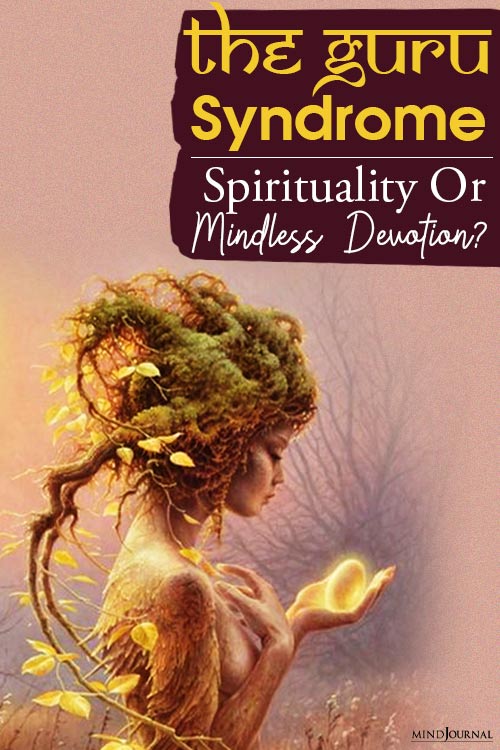
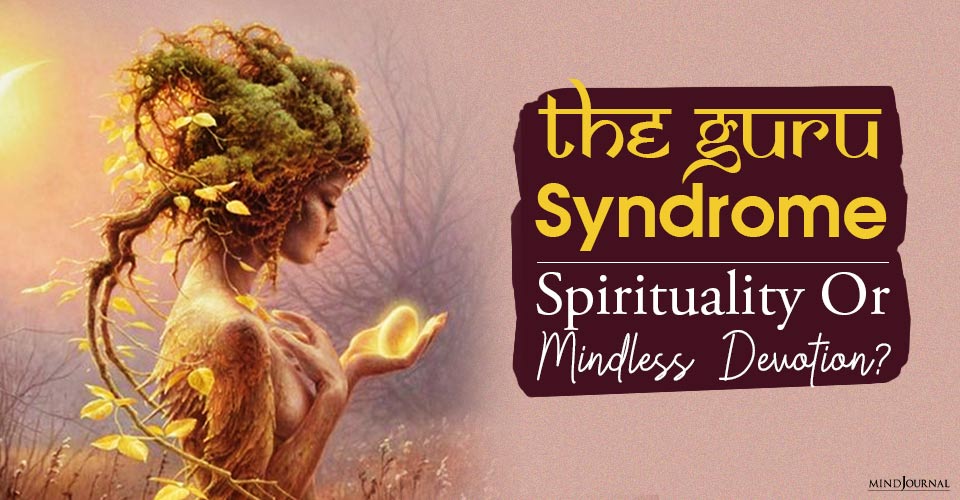
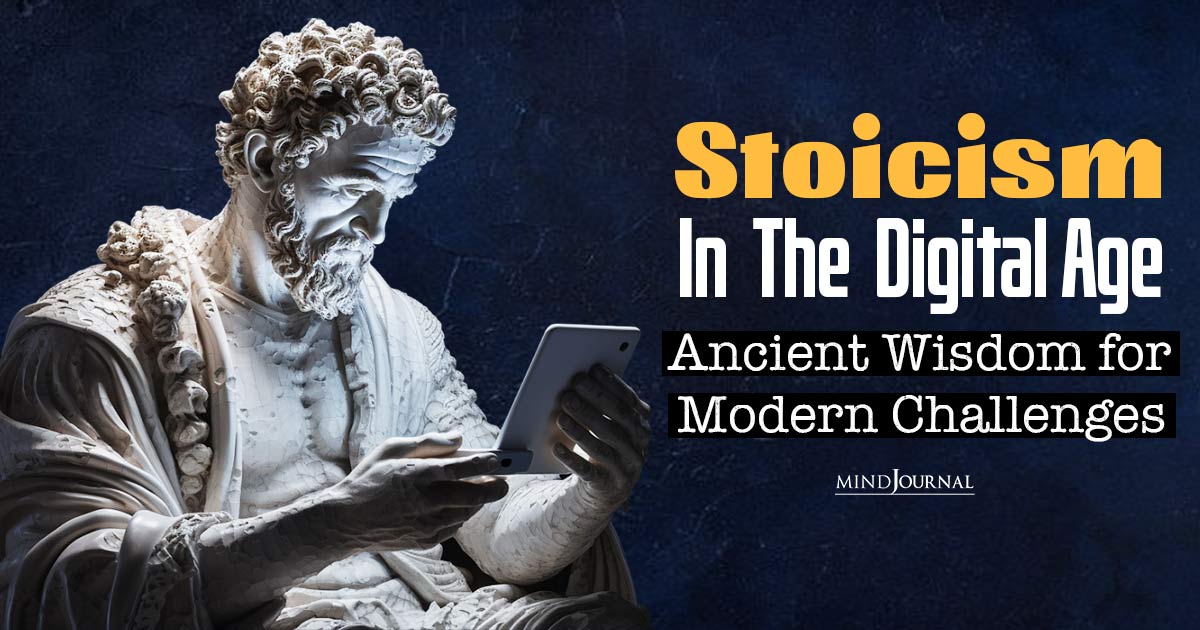


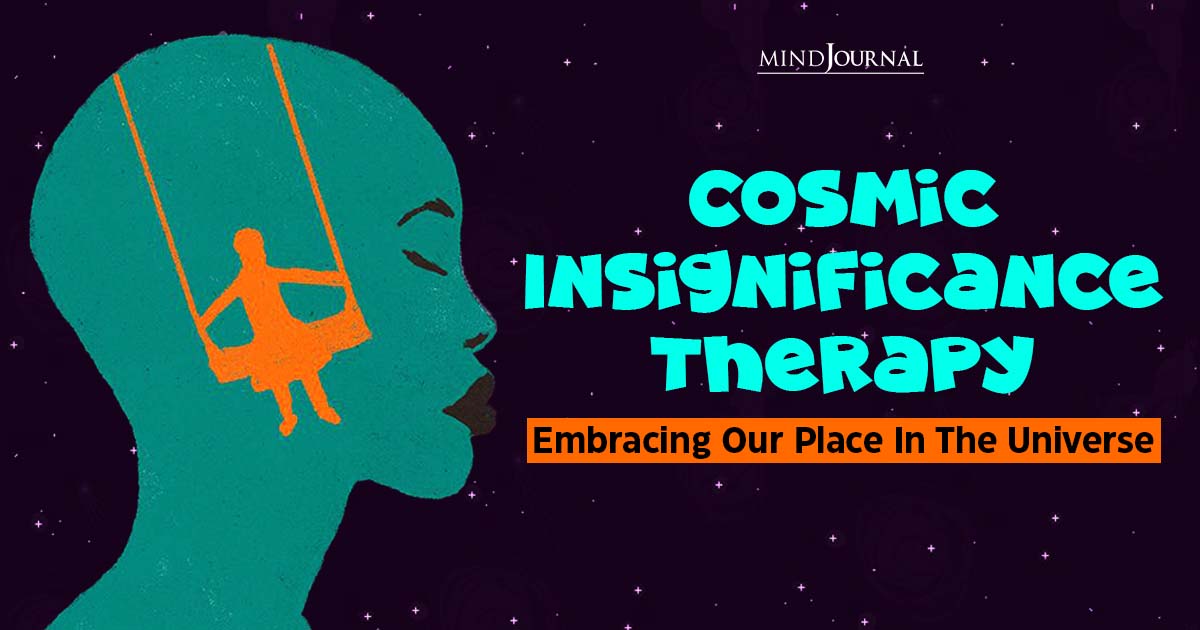
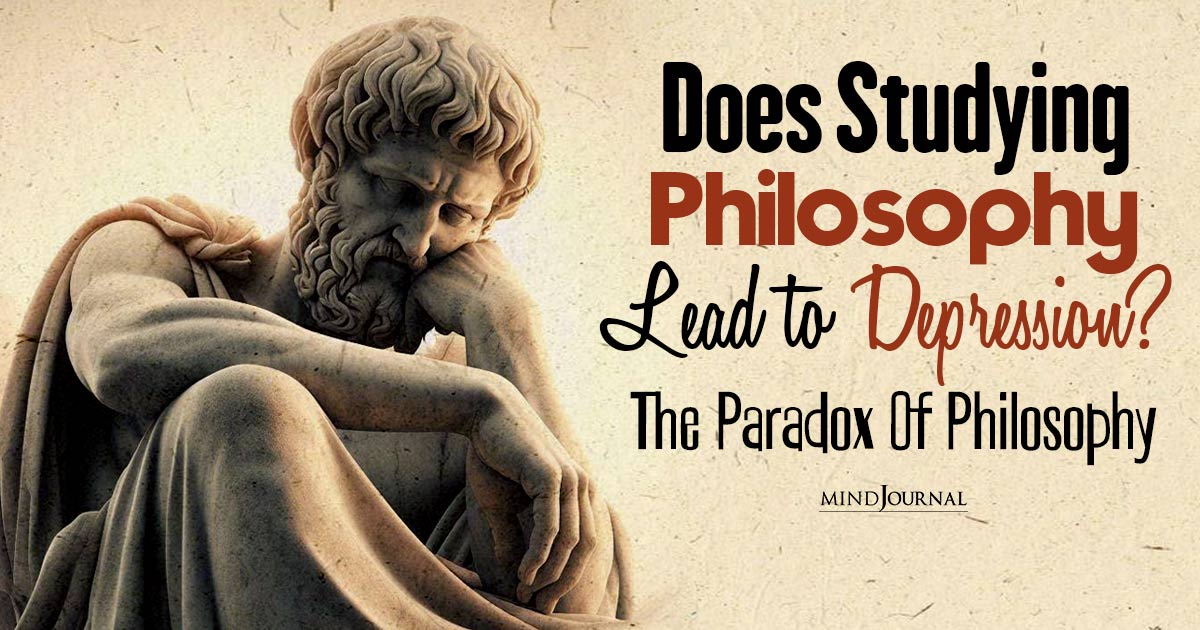
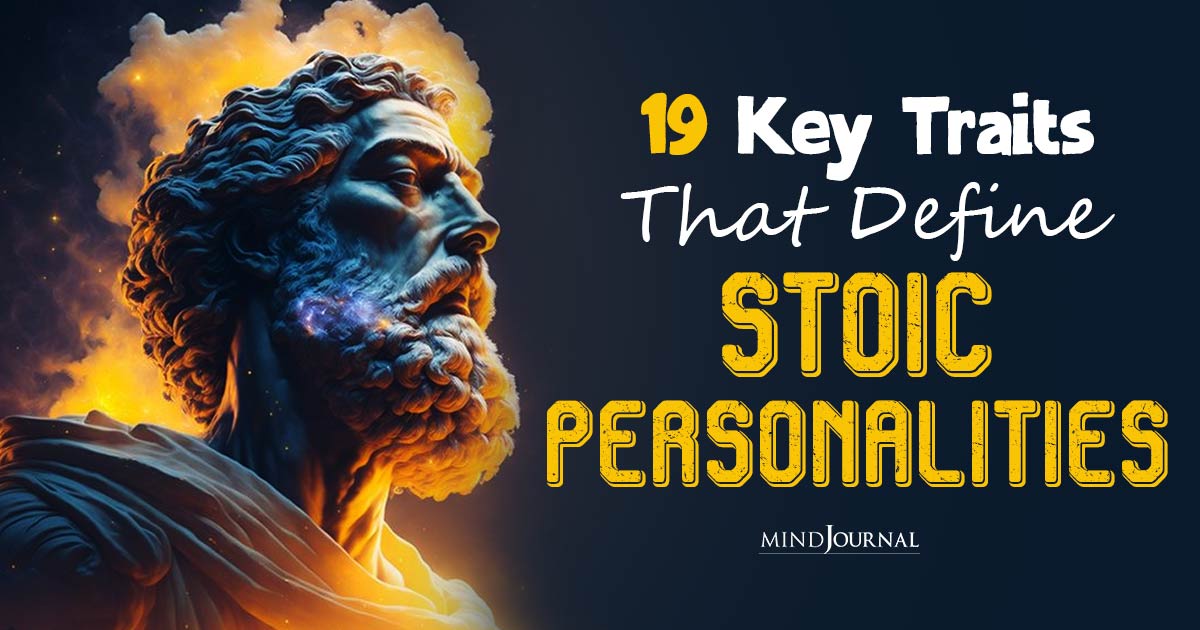
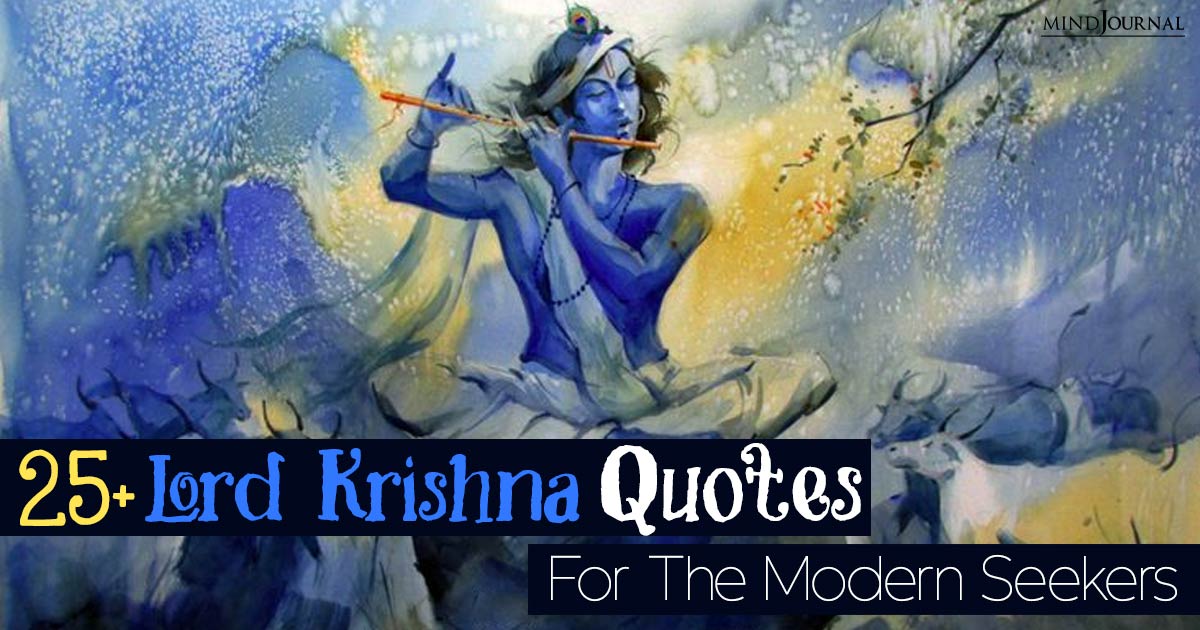
Leave a Reply
You must be logged in to post a comment.